 No more DUIs? No more car accidents? No more driving on a suspended license? No more rites of passage like getting your drivers license at 16? You mean the DMV doesn’t exist? Well yes, there could be lots of benefits to the concept car coming out. What concept car you ask? Multiple carmakers, including even Google which isn’t even a car manufacturer, are working on; an automated car. No driver needed.
No more DUIs? No more car accidents? No more driving on a suspended license? No more rites of passage like getting your drivers license at 16? You mean the DMV doesn’t exist? Well yes, there could be lots of benefits to the concept car coming out. What concept car you ask? Multiple carmakers, including even Google which isn’t even a car manufacturer, are working on; an automated car. No driver needed.
I personally like driving my car. However the era of driving a car yourself may soon be coming to an end. The new automated car can drive itself to the market, the courthouse, grandmother’s house, just about anywhere you would ever want to go. The technology is there. How would this affect the legal profession? We have thousands of laws on the record books that control how you drive, when you drive and where you drive. All of these would really become moot with the automated car. You would program where you want to go and if there was a road closed then the car could reroute you and take you on a different road to your destination. It would be programmed to obey all rules of the road.
The crime of driving under the influence would be extinct. In fact think of the impact on limo companies? None would be needed because you just tell the car to go find a place to park while you go into the bar. On the program Sunday morning the car was parking itself in a parking spot that IT found. Criminal law will be changed forever. Driving laws will become similar to laws that are still on the books about where and how you tie your horse up when you leave it to go to the feed barn.
 Orange County Criminal Defense Lawyer Blog
Orange County Criminal Defense Lawyer Blog


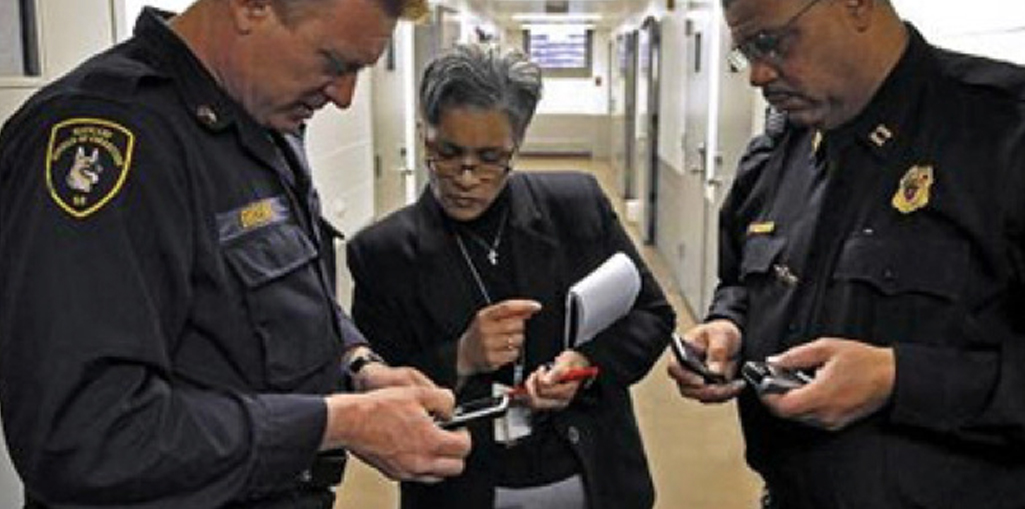
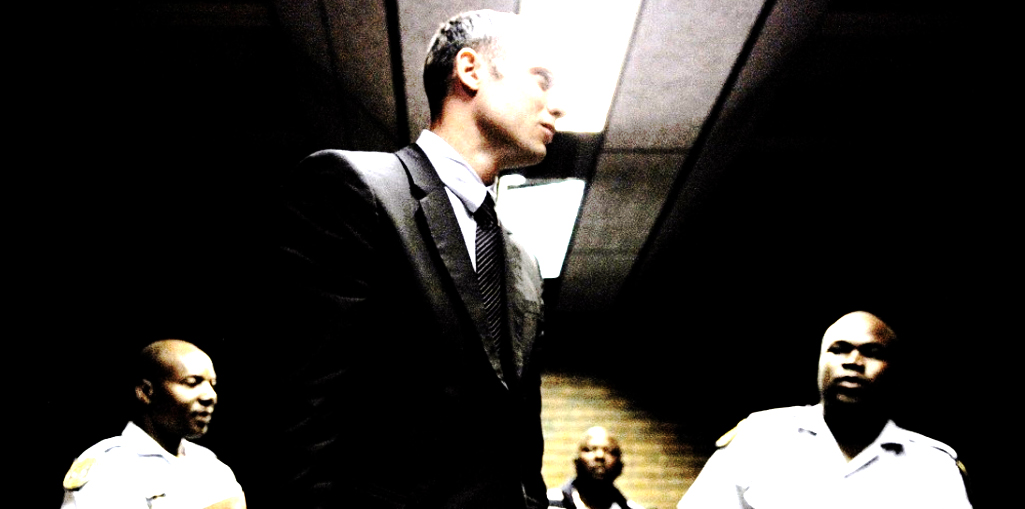 Think secret bail hearings only exist in fiction? Unfortunately the answer is no, even though the
Think secret bail hearings only exist in fiction? Unfortunately the answer is no, even though the 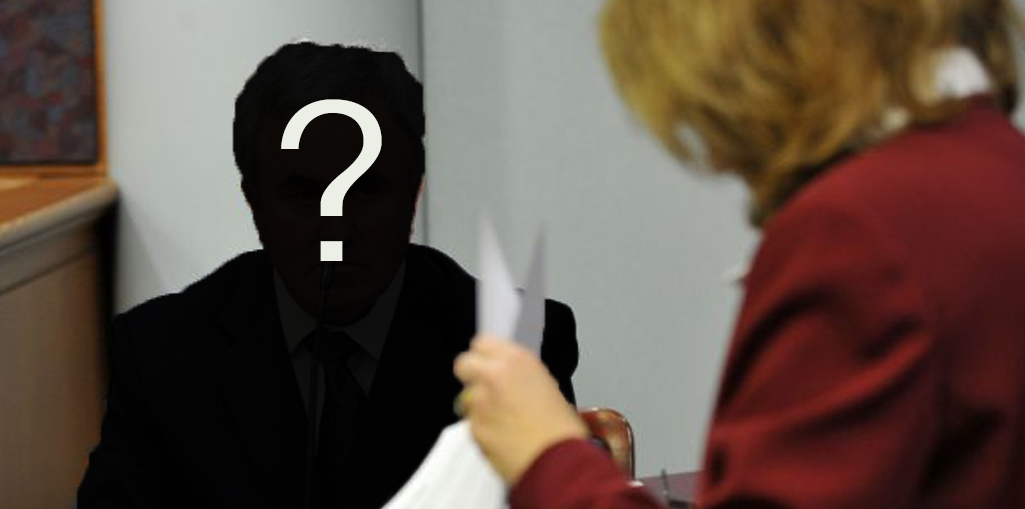
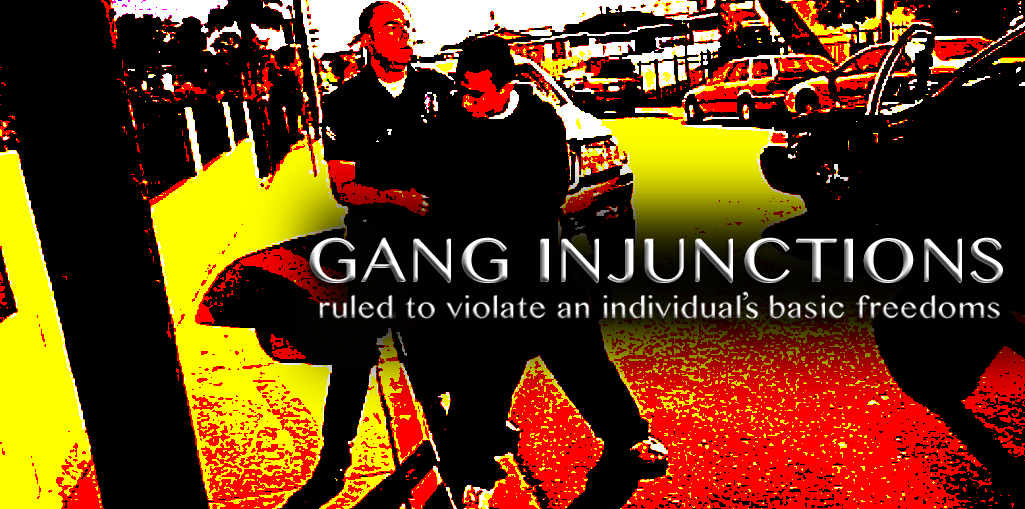 Tally another victory for civil liberties and constitutional rights. On Tuesday November 5, 2014, the 9th Circuit Court of Appeals ruled that a gang injunction in place in Orange County was overly broad and
Tally another victory for civil liberties and constitutional rights. On Tuesday November 5, 2014, the 9th Circuit Court of Appeals ruled that a gang injunction in place in Orange County was overly broad and 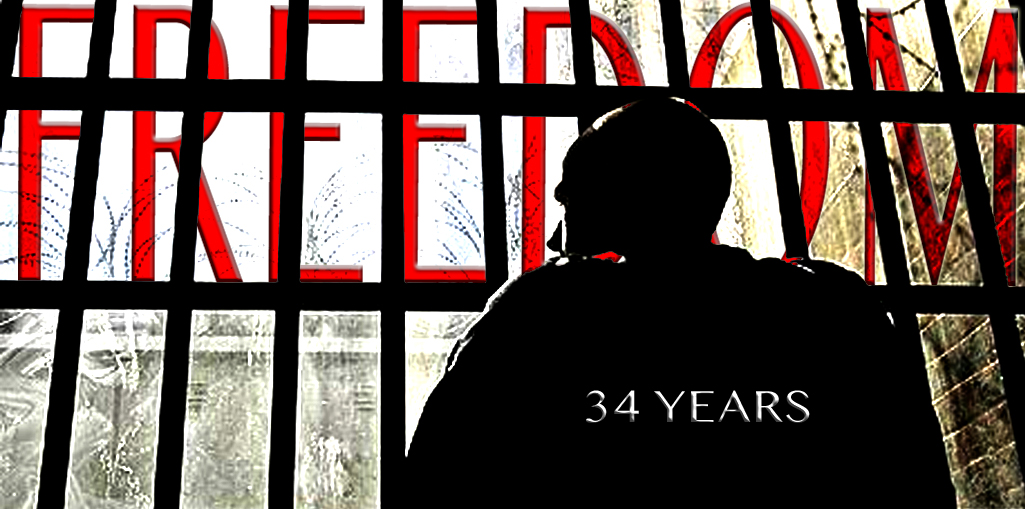 On November 8, 2013, the Los Angeles Times had a headline that read, “34 year wait for justice is over”. The defendant,
On November 8, 2013, the Los Angeles Times had a headline that read, “34 year wait for justice is over”. The defendant, 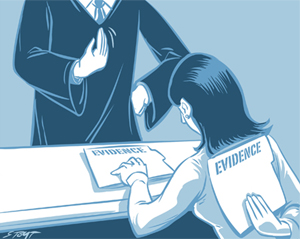 Subvert the criminal justice system. Lie to the judge. Hide evidence. Sounds like a defendant in a criminal case doesn’t it?
Subvert the criminal justice system. Lie to the judge. Hide evidence. Sounds like a defendant in a criminal case doesn’t it? 